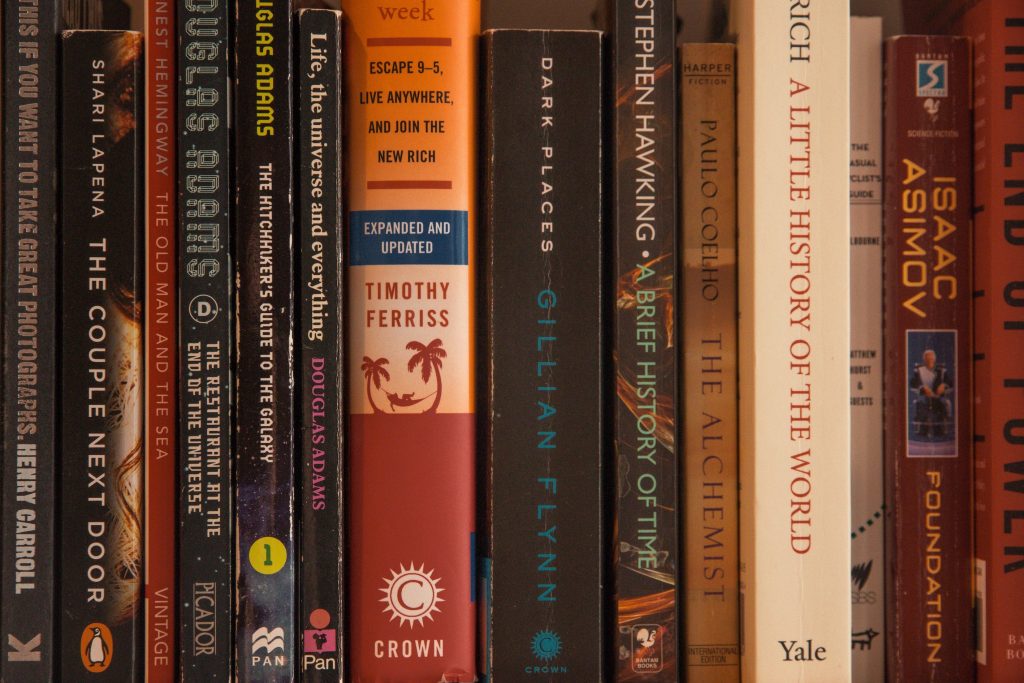Book publishing

Academic book publishing is a fraught process. Crafting and pitching a book proposal takes time, and it takes even longer for that proposal to be (hopefully) accepted.
But how do we decide which book publisher to approach? What factors should we consider in choosing a publisher? And what do we need to negotiate in a book contract?
First, some things to consider in choosing a book publisher:
- Prestige: like it or not, prestige has to factor in to the choice of book publisher. Which publishing house is well-respected in your field? What publication will support your career progression and promotion?
- Impact: Which publisher is likely to have the most impact in your field, or among particular stakeholders? What gets read among those you are writing for? How expensive is the book likely to be? Will this stop people buying and reading it? Is open access publishing possible?
- Support for authors: what support does the publisher offer during the publication process? Do they do any copy-editing? (Who does the copy-editing? It is in-house or out-sourced?) Will they produce an index for you, or do you need to do that yourself? Will they help you source cover art? Or negotiate copyright permissions?
- Access to other markets: Does your book need to be translated for a new market? Does the publisher offer that support? Do they have access to that particular market and/or a presence in that country?
Most publishers have guidelines on their website to help you draft a book proposal – this is the case for Oxford University Press, Cambridge University Press and Hart. I have had most success approaching particular editors before drafting my book proposal – having a conversation by phone or in person can help you identify particular publishing priorities, or discern how to best ‘pitch’ your book. (For example, some publishers like legal monographs to examine at least three large English-speaking jurisdictions; others do not require this.)
How your proposal is evaluated will depend on the publisher – often, though, it will be sent to expert referees for comment, and evaluated by the editors themselves. It may go to a committee for final approval; so your proposal needs to speak to both an expert and non-expert audience.
Second, once you have chosen a publisher, and they have (hopefully) chosen you, some things to consider in negotiating a contract:
- Timeframe: When can you realistically get the manuscript submitted? Allow at least some extra time – unexpected commitments do come up. While most publishers will agree to re-negotiate timeframes, it is nice to feel like the project is manageable within the original time proposed.
- Open access: Do you need to comply with any grant open access requirements? Sometimes you can negotiate to at least make the introduction of the book openly available, perhaps with an embargo period. Though Hart, for example, has a self-archiving policy so no contractual amendments are required.
- Royalties: I have successfully negotiated royalties only once, and I had an existing relationship with the publisher, and could compare a new contract with an older (more favourable) contract. This is not an easy thing to negotiate – royalties are typically standard across different types of books, and will not be negotiable. But, if in doubt, seek the advice of a more experienced author or mentor.
And then, it is simply a matter of writing the book! The challenges of that are for another post…

